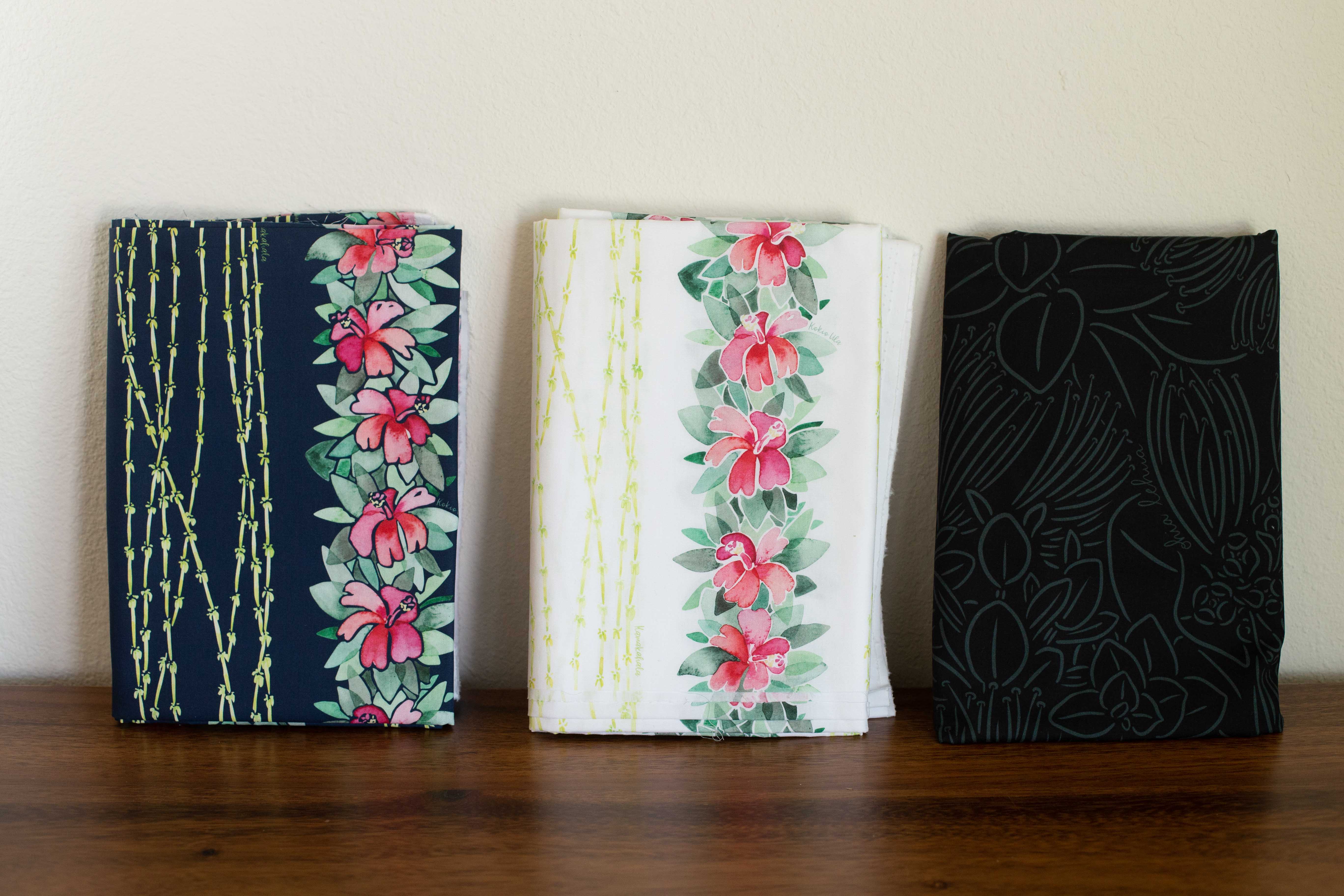Methodology
So you want to know what we practice when it comes to Hawaii Language?
Well for starters you should probably read our About Page to see how we started out in all of this and how we've come to develop a unique methodology.
While this page could be endless and will probably need multiple additions as time goes on, I wanted to cover some of the bigger linguistic areas of debate that you'll encounter as you learn with us namely:
- Vocabulary
- Diacritics
- Margin of Error
- Vision
Vocabulary
We do our best to research and stick to words that native speakers would use. We avoid using new made-up words or words that were created by second language speakers even if they are in academia. We look to our kupuna of native speakers as the leaders of the language.
In order to preserve this principle we find words we don't know from recordings of native speakers, the old newspapers written by native speakers, and living native speakers. If, after referring to these sources, we still don't know a word to use then we with either:
- Use the English word
- Describe what the word is using Hawaiian words
Another thing to touch on is words that have been changed to sound Hawaiian, but are English for example: Beretania Street in Honolulu. "Beretania" is the Hawaiianized word for "Britain". There are many words like this in Hawaiian and so it is a bit of a gray area as some of the words were widely accepted by the native Hawaiian speakers of before and so we use those while others are possibly newer and difficult to find in the previously mentioned sources.
Overall when it comes to vocabulary, we try our best with the words we do know and wait with patience for further knowledge to be uncovered from our kupuna.
Diacritics
Oh this is a fun one! Okina and kahako. First of all, what is a diacritic? A diacritic is a marking that indicates a difference in pronunciation. Diacritics are a part of many languages. English has diacritics. Want to see a word with English diacritics?
"näləj"
What is this word? The word is "knowledge".
Well how come we don't write is like the way it is actually pronounced? The most obvious reason is because there is a plethora of native English speakers and so we grow up hearing this word and therefore knowing how to say it. We even learn in school how it is an exception to all sorts of rules as we learn to read. Now if we can learn all sorts of complicated pronunciations in English, don't you think we can learn them in Hawaiian too?
Personally, we used okina and kahako when we were first learning because that's what everyone else of our day does and what schools do. We thought it was the "proper" way. We came to learn that all of our Hawaiian records and newspapers as well as the native speaking community today don't use these markings. Why? The reason is the same - it is not necessary.
Once we stopped using diacritics and adopted a more traditional approach to Hawaiian orthography we found a few things:
- We weren't as stressed out about writing and where all the markings go
- We were able to understand old records and newspapers 1000 times better
- We found that word variations made for sense because not all the ways native speakers say words are dictated ie: "hoao".
- Our mindset changed from "a thriving language in a classroom" to "a thriving language in our home"
While we don't use them in the day-to-day, I do believe there is a place for them. I believe the place for them is, as with other languages, in dictionaries. Sometimes a word is so rare that we haven't heard it spoken by a native speaker in recordings, videos, or in person so in these cases it is nice to refer to diacritics in the dictionary. The problem still arises however that even with diacritics, it is still just a best guess as to how the word was pronounced. Without native speakers to reference we can never be 100% certain.
Margin of Error
As we are native speakers ourselves, no one person is the end all be all, and I don't personally consider myself a language expert. I want to acknowledge that there is always room for mistakes! What we have done over the years as we have learned new pieces of information is we switch it out with what we thought we knew. We don't beat ourselves up too much (although I will make sassy comments to my husband if I think it's his fault that I was making the same mistake for a long time lol).
Don't be so afraid of making mistakes that you make no progress instead.
Vision
The vision here which I hope you got from reading through all the other points is to get as close to native speech as possible. That is always our goal and it is the best goal because we will never reach it so we will always be striving for improvement in the language. One day when we see our kupuna again we hope they recognize the Hawaiian language we use with them because it will be their own.



